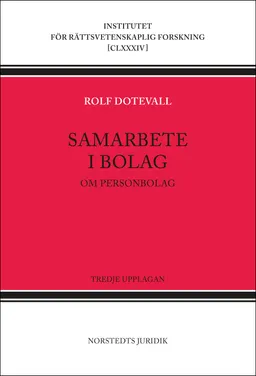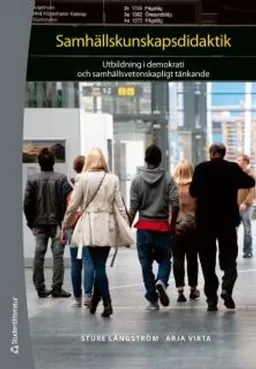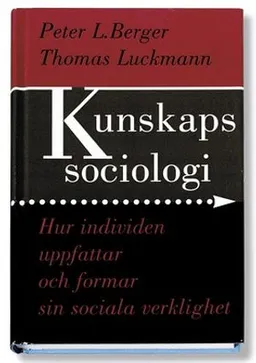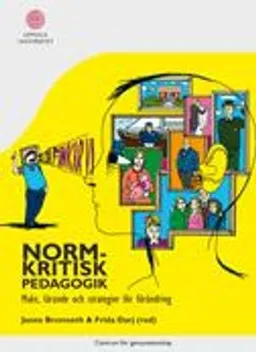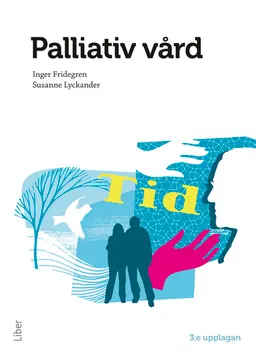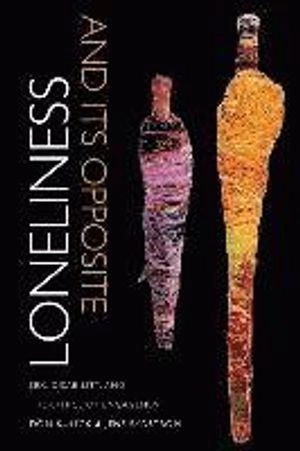

Loneliness and Its Opposite
- Utgiven: 2015
- ISBN: 9780822358336
- Sidor: 376 st
- Förlag: Duke University Press
- Format: Häftad
- Språk: Engelska
Om boken
Åtkomstkoder och digitalt tilläggsmaterial garanteras inte med begagnade böcker
Mer om Loneliness and Its Opposite (2015)
I mars 2015 släpptes boken Loneliness and Its Opposite skriven av Don Kulick, Jens Rydstrm. Den är skriven på engelska och består av 376 sidor. Förlaget bakom boken är Duke University Press.
Köp boken Loneliness and Its Opposite på Studentapan och spara uppåt 55% jämfört med lägsta nypris hos bokhandeln.
Referera till Loneliness and Its Opposite
Harvard
Oxford
APA
Vancouver


